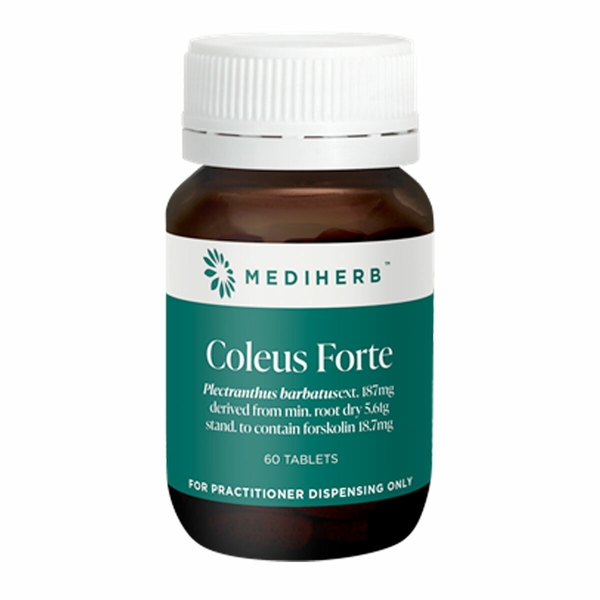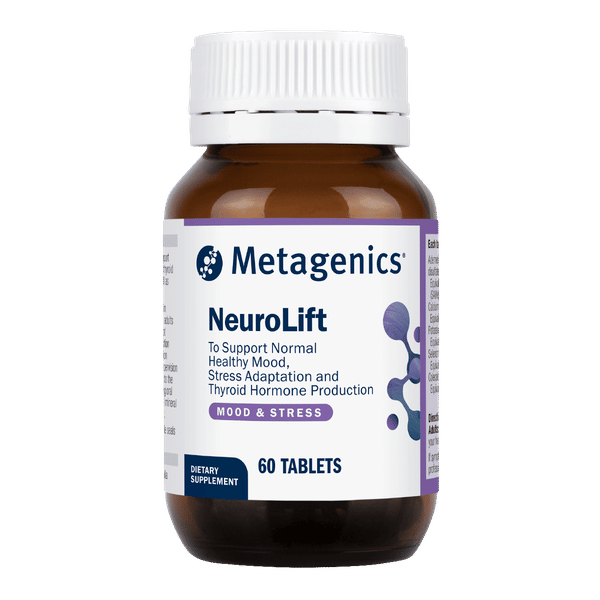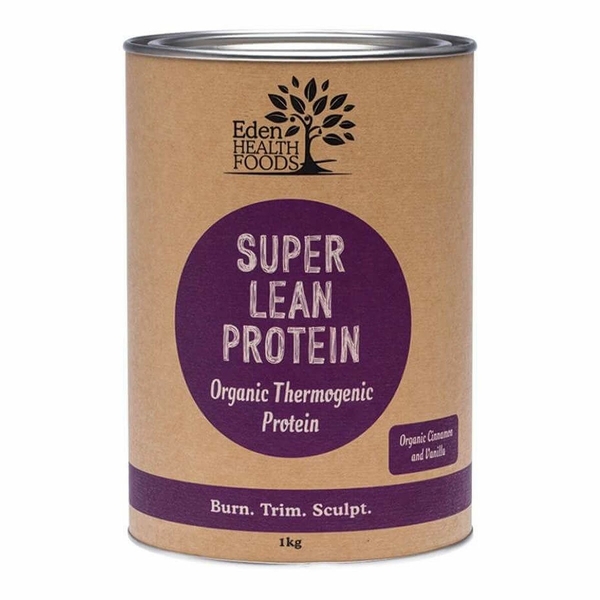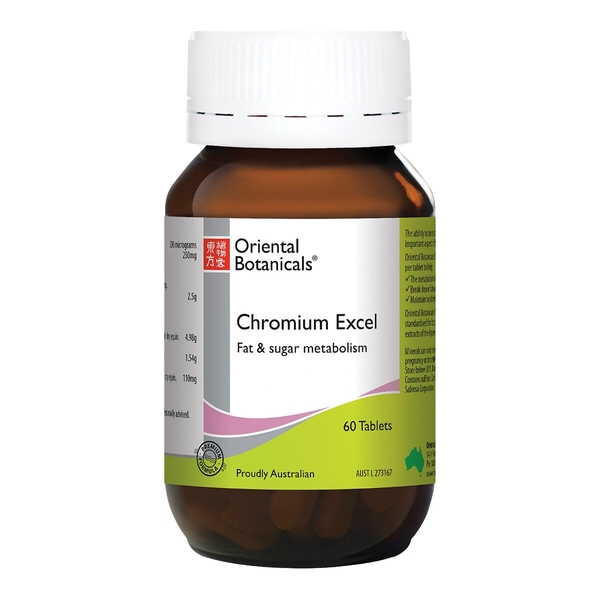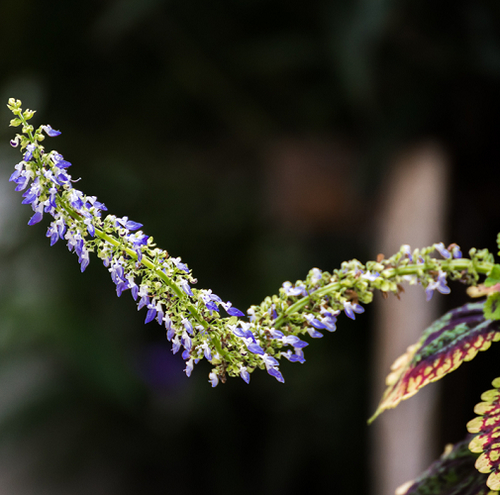
Background
Coleus root and stem contain a chemical called forskolin. Forskolin has effects that might widen blood vessels and lower blood pressure.
People use coleus for chest pain, asthma, eczema, heart failure, high blood pressure, obesity, and many other conditions, but there is no good scientific evidence to support these uses.
Don't confuse coleus with Perilla. These are not the same.
Safety Safety definitions
When inhaled: Coleus is possibly safe when used as a single dose of forskolin powder. Side effects might include throat irritation, cough, tremor, and restlessness.
When applied into the eye: Coleus is possibly safe when used in eye drops. Side effects might include stinging eyes.
Special Precautions & Warnings:
Pregnancy: Coleus is possibly unsafe when taken by mouth during pregnancy. Coleus might slow or stop the growth of the fetus. Avoid use.Breast-feeding: There isn't enough reliable information to know if coleus is safe to use when breast-feeding. Stay on the safe side and avoid use.
Bleeding disorders: Coleus contains a chemical called forskolin, which might increase the risk of bleeding in some people.
Heart disease: Coleus contains a chemical called forskolin, which might lower blood pressure. Coleus might interfere with treatments for heart conditions and could make these conditions worse.
Low blood pressure: Coleus contains a chemical called forskolin, which might lower blood pressure. If your blood pressure is already low, taking coleus might make it drop too much.
Surgery: Coleus contains a chemical called forskolin, which might increase bleeding during and after surgery. Stop using coleus at least 2 weeks before a scheduled surgery.
Effectiveness
Dosing & administration
Interactions with pharmaceuticals
Medications changed by the liver (Cytochrome P450 2C9 (CYP2C9) substrates)
Interaction Rating=Moderate Be cautious with this combination.
Some medications are changed and broken down by the liver. Coleus might change how quickly the liver breaks down these medications. This could change the effects and side effects of these medications.
Medications changed by the liver (Cytochrome P450 3A4 (CYP3A4) substrates)
Interaction Rating=Moderate Be cautious with this combination.
Some medications are changed and broken down by the liver. Coleus might change how quickly the liver breaks down these medications. This could change the effects and side effects of these medications.
Medications for high blood pressure (Antihypertensive drugs)
Interaction Rating=Moderate Be cautious with this combination.
Coleus might lower blood pressure. Taking coleus along with medications that lower blood pressure might cause blood pressure to go too low. Monitor your blood pressure closely.
Medications for high blood pressure (Calcium channel blockers)
Interaction Rating=Major Do not take this combination.
Coleus might decrease blood pressure. Calcium channel blockers are a type of medicine used to decrease blood pressure. Taking coleus with calcium channel blockers might cause your blood pressure to go too low.
Medications that increase blood flow to the heart (Nitrates)
Interaction Rating=Major Do not take this combination.
Coleus increases blood flow. Taking coleus with medications that increase blood flow to the heart might increase the chance of dizziness and lightheadedness. Don't use coleus if you are taking medications that increase blood flow to the heart.
Medications that slow blood clotting (Anticoagulant / Antiplatelet drugs)
Interaction Rating=Moderate Be cautious with this combination.
Coleus might slow blood clotting. Taking coleus along with medications that also slow blood clotting might increase the risk of bruising and bleeding.
Warfarin (Coumadin)
Interaction Rating=Moderate Be cautious with this combination.
Coleus might change how your body breaks down warfarin. Be watchful of this combination and talk to your health provider.
Interactions with herbs & supplements
Herbs and supplements that might slow blood clotting: Coleus might slow blood clotting and increase the risk of bleeding. Taking it with other supplements with similar effects might increase the risk of bleeding in some people. Examples of supplements with this effect include garlic, ginger, ginkgo, nattokinase, and Panax ginseng.
Interactions with foods
Products
View all products- Plectranthus barbatus (Coleus) ext. 17 mg
- Hypericum perforatum ext. 600 mg
- Withania somnifera ext. 60 mg
- Rhodiola rosea ext. 36 mg
- S-Adenosylmethionine disulfate tosylate (SAMe) 98 mg equiv. s-Adenosylmethionine 50 mg
- Calcium folinate (Activated folate) 270 μg equiv. folinic acid 250 μg
- Potassium iodide 98 μg equiv. iodine 75 μg
- Cholecalciferol 5 μg equiv. vitamin D3 200 IU
- Selenomethionine 125 μg equiv. selenium 50 μg
- Coleus forskohlii (Coleus) (root)
- Oryza sativa (Brown rice sprout, bio-fermented protein)
- Golden pea protein (sprout) bio-fermented
- Garcinia cambogia
- Myristica fragrans (Nutmeg)
- Curcumin (Turmeric)
- Capsicum spp.
- Foeniculum vulgare (seed)
- Arctium lappa (root)
- Stevia rebaubiana (leaf)
- Taraxacum officinale (leaf)
- Eleutherococcus senticosus (root)
- Petroselinum crispum (leaf)
- Crataegus monogyna (berry)
- Juglans nigra (fruit hull)
- Zingiber officinale
- Fucus vesiculosus
- Stellaria media
- Apple pectin
- Cinnamomum spp.
- Vanilla planifolia (Vanilla bean)
- Laminaria digitara (Kelp)

